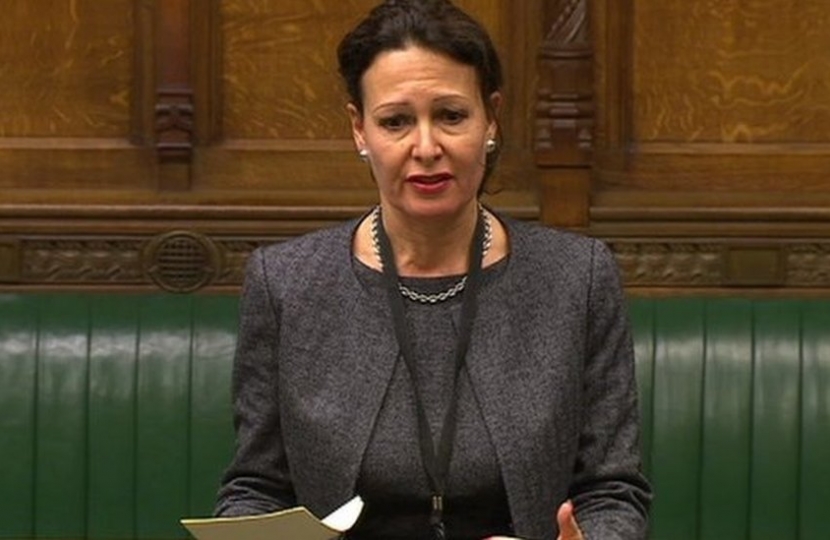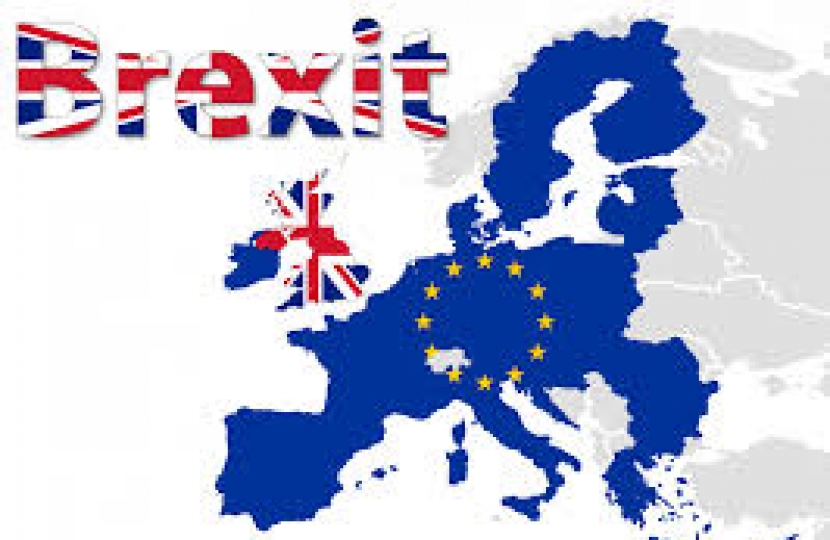The motion voted on in the Commons last night to reject a no deal exit does not actually change the situation. The legal default is that we leave on the 29th March unless the deal is approved by Parliament or an extension is approved by the EU. The motion today votes on whether the Government should seek an extension of Article 50. The EU is rightly asking what would the delay be for and how long would it be.
It could not be longer than May due to the European Parliament elections. They point out they are not willing to renegotiate the Withdrawal Agreement but have indicated they might give a short delay to implement the Agreement if passed, or a bit longer delay to hold a second referendum – to which there is a not a majority in favour in the House. They are also unlikely to unanimously grant an extension without demanding concessions from the UK or financial contributions.
Having failed to secure substantial changes to the Withdrawal Agreement, the Prime Minister was unable to allay my fears over the UK possibly remaining trapped in the deal permanently. My full criticism of the agreement remains that:
- The UK would remain a rule taker under the ECJ. The ECJ has enormous powers of interpretation over the Withdrawal Agreement, including over all aspects of retained EU law (Article 174), the financial settlement (Article 160) and on cases arising in the transition (Article 87). During the transition period, we must follow all EU rules for “goods placed on the market” (Article 41). This is not even the ‘Common Rulebook’ as stated in the Chequers White Paper, but the EU’s rulebook in full where we will have no say in the making of those rules.
- The UK has no right to unilaterally leave the agreement. We may only leave with the EU’s permission. The EU will only consent to this if a replacement trade deal is signed that meets their criteria. The only condition under which the UK may appeal a decision not to let us leave is if the EU is not acting with “best endeavours, in good faith”, which is extremely difficult to prove and would be ruled on by the ECJ.
- The UK would not be able to pursue independent trade deals. Agreeing to adhere to and adopt all EU legislation, as well as participate in the Customs Union via the backstop, means the UK will not be able to agree new trade deals with other countries. Trade deal negotiations require sovereignty over tariffs and regulations to be able to negotiate bilateral or multilateral harmonisation, equivalence, or reductions. Under the Withdrawal Agreement, the UK’s tariffs and regulations would remain set by the EU, with no UK input, meaning we could not sign new trade deals.
- The Withdrawal Agreement threatens the integrity of the United Kingdom by including a backstop arrangement which puts a border down the Irish Sea. The backstop keeps Northern Ireland in the Customs Union as well as abiding by additional EU regulations that would not apply to Great Britain. The agreement forces Northern Ireland to accept regulatory alignment with the EU. Entering into the Customs Union and following masses of EU regulation is not necessary to stop a hard border. The UK, Republic of Ireland and the EU have all pledged to avoid a hard border and there is no political will for the EU to implement punitive measures.
- The Withdrawal Agreement does not end Brexit uncertainty for business. The likely extension of the transition period coupled with the weak political declaration means that the transition period could run indefinitely, prolonging the turmoil of the past 18 months and uncertainty about the future. It prolongs the period of leaving the EU by at least another two years and, because of the backstop, could leave the UK in permanent interminable negotiations, with no unilateral right to leave the EU permanently.
It is likely we will vote on the Prime Minister’s deal for a third time next week which I do not think will pass but there will be a reduced margin. In this case the Prime Minister then has to either legislate to revoke Article 50 or to hold a second referendum.
This would be undemocratic and divisive and would not respect the outcome of the first referendum. She would also have to get this legislation through both houses by the 29th March.
Leaving with no deal on March 29th is the position from which we can then begin negotiations on a new trading relationship with the EU, without the threat of the EU keeping us permanently trapped under the backstop in the Withdrawal Agreement.


